How Russian artists are coping with the war in Ukraine
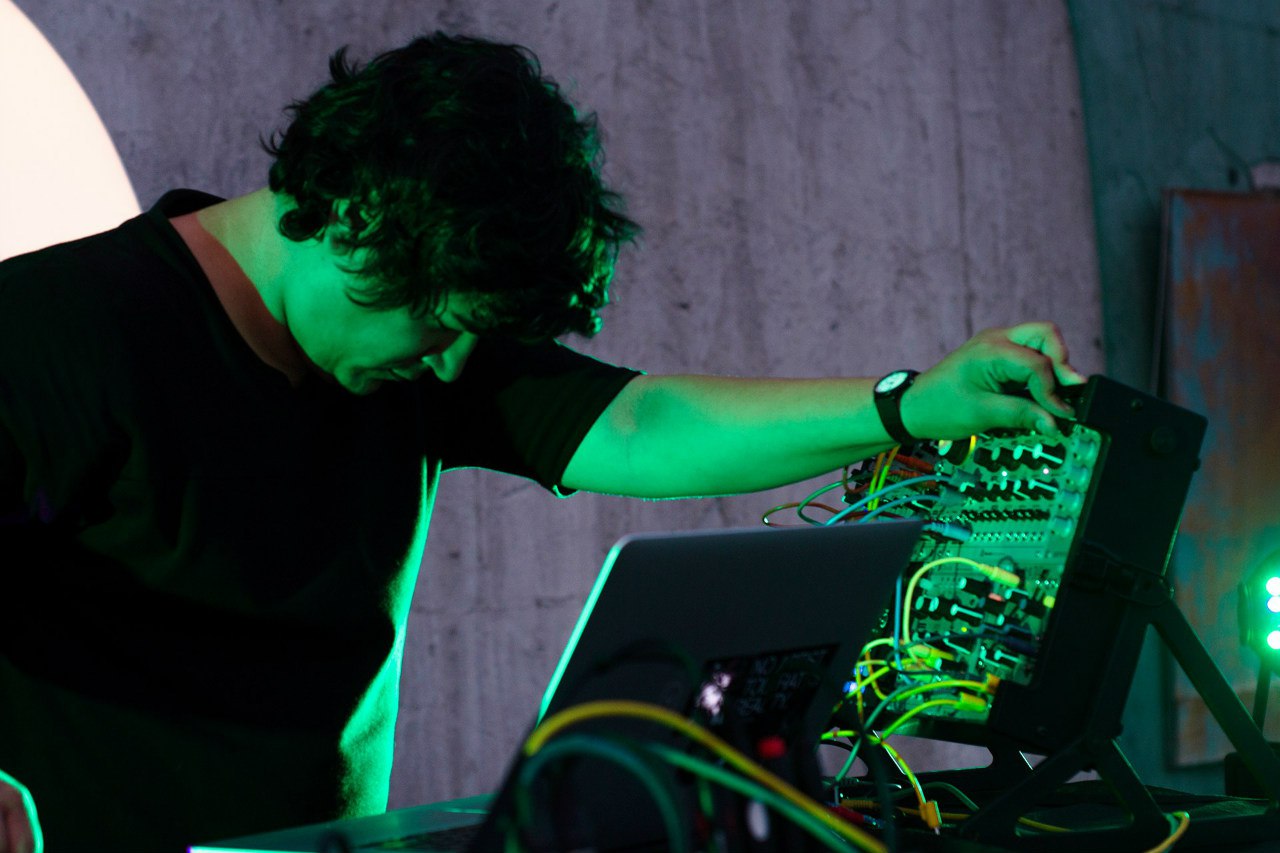
How are Russian artists in Switzerland faring as their country wages war in Ukraine? SWI swissinfo.ch speaks to three musicians about the impact that the conflict has had on their work and their relationship with their native land.
The number of people who have left Russia since the war began is difficult to estimate. Many have left on tourist visas. Some of those who were already abroad have decided not to return. Among them are artists now living in Switzerland.
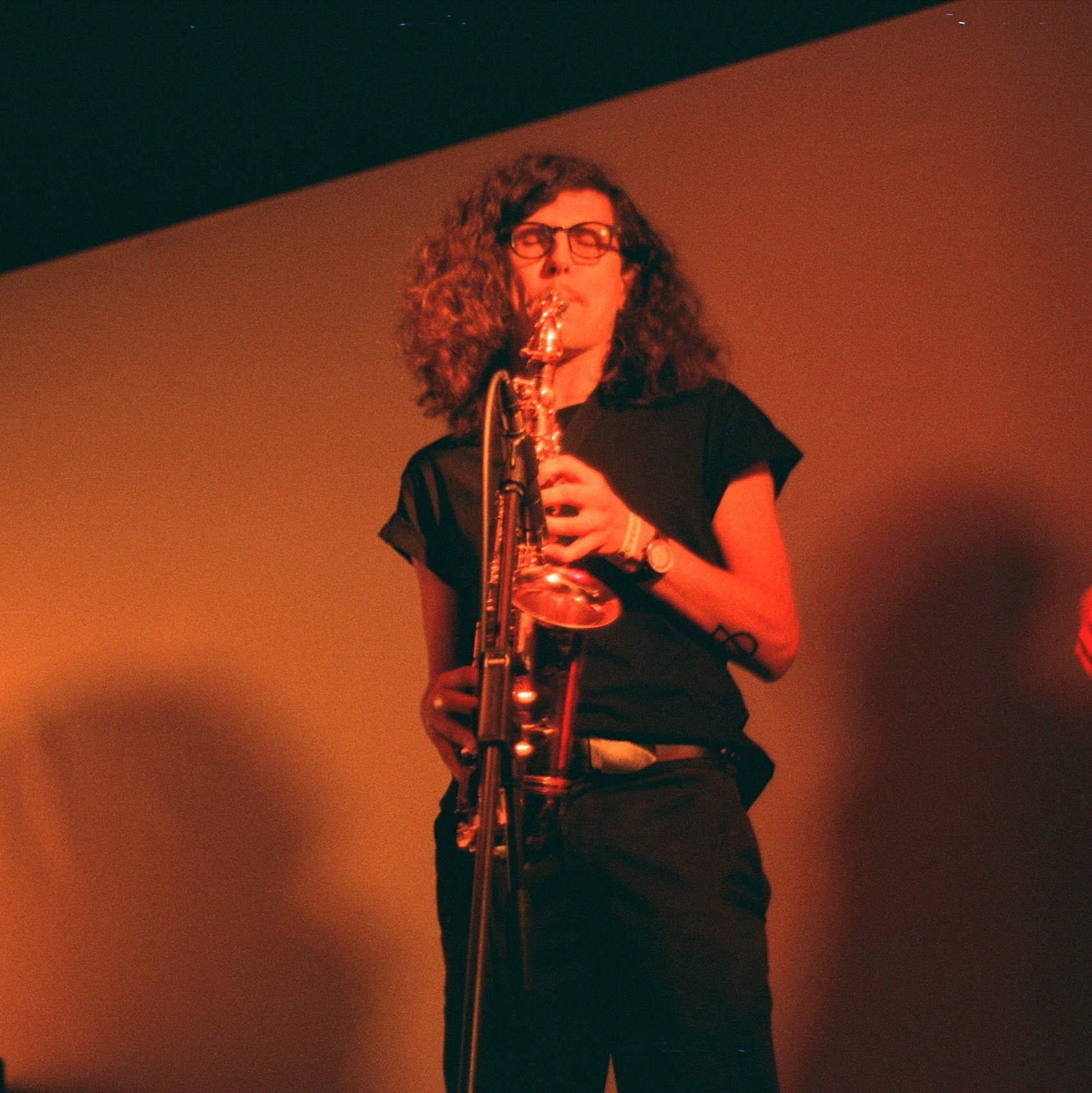
When the war began, Anton Ponomarev and his Swiss wife were in Moscow, visiting his parents to introduce them to their two-month-old grand-daughter. On February 27, they caught the last direct flight back to Switzerland. The following day, Ponomarev took part in a demonstration in support of Ukraine in the centre of Zurich.
Before settling in the Swiss city in 2021, Ponomarev had worked as a psychologist and musician.
“In the morning, I worked with children who have an intellectual disability,” he said. “In the afternoon, I composed and played the saxophone.”
When he returned to Switzerland, Ponomarev joined the Russian punk band Pussy Riot and performed on stage with them to raise money for a children’s hospital in Kyiv.
“This is not a project where I perform as a musician – it’s more of a performance than a concert,” he said. “But given what’s been happening since February, supporting Pussy Riot and Ukraine seemed important to me.”
Cultural solidarity
Alexander Boldachev came to Switzerland in 2005 to pursue studies in music. In 2019, he was granted Swiss citizenship. The war caught up with him while he was at his mother’s home in St Petersburg.
A harpist, Boldachev has achieved a lot: he was a soloist at the Bolshoi Theatre and played at the opening of the 2018 football World Cup in Moscow. He is currently touring in a stage adaptation of the play Orpheus, accompanied by the Russian actress Chulpan Khamatova, who has been living in exile since the war began.
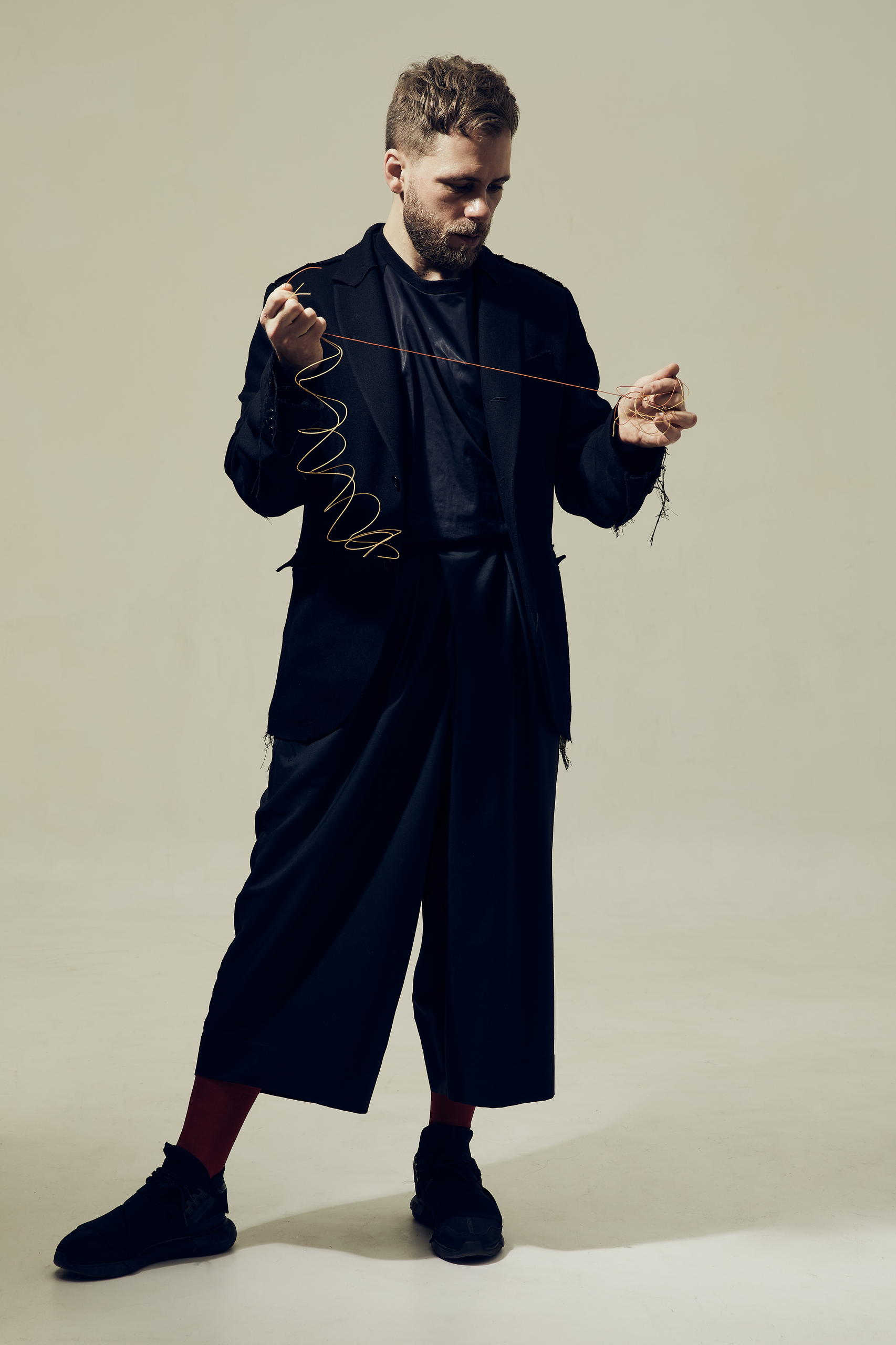
In March 2022 he and his colleagues founded the community LYUDY – Cultural Solidarity in Zurich.
“We built an academy where refugee children from Ukraine receive free music lessons,” he said. A choir was founded under the direction of Tatiana Severnchuk of Ukraine and the Swiss Asylum Orchestra.
There, refugees from Ukraine, Belarus and Syria play music together. Along with Ukrainian musicians, Boldachev also organises benefit concerts with the orchestra, including one that took place at the Tonhalle Zurich in September. The title of the event was “For Harmony.”
Losing the desire to make music
The Siberian electronic musician Stas Sharifullin, known under the pseudonym HMOT, was curator for Sound Art and Sound Studies at the Higher School of Economics in Moscow. In the winter of 2022, he came to Basel for a Pro Helvetia residency to continue his research into multichannel music. After the invasion of Ukraine began, he decided to stay.
“It became clear that it was a bad idea to return after that,” he said.
At the moment, he has lost some of his desire to make music.
“I have all my instruments with me,” he said. “Sometimes I play the piano in the evenings, but I no longer want to make music as I used to.” This is in part because, since February 24, he has spent more time helping people than composing.
“Time is short because other things are more urgent,” he said. “So music has taken a bit of a back seat.”
He stressed, however, that he does not want to bid farewell to Russian culture: “I have friends who no longer want to identify with Russia, who say they will never go back.”
“But I can’t. I love Siberia and I love working with the Russian language. I think it’s more than just the language of Dostoevsky and Tolstoy – it’s much broader and needs to be reclaimed.”
The war has changed his focus. Sharifullin is now much more interested in Russia’s relationship with “underdeveloped” Siberia or with coming to terms with the genocide of Bashkirs, Circassians and other ethnic groups.
“Nobody knows about this, not even in Russia and certainly not in the West,” he said.
Against the colonial use of culture
For Sharifullin, it is important to tell all of these stories. He hopes they will help to uncover the colonial nature of Russia’s war against Ukraine and get rid of illusions about “brotherly peoples.” This includes the old Soviet rhetoric about the deep fraternal bond between Russians and Ukrainians currently being used in propaganda.
Boldachev also sees it that way.
“I love Russian culture, and it cannot take the blame for its use as propaganda,” he said. That is why he now plays both Russian and Ukrainian music. “Not to show that we are ‘brotherly peoples,’ but to create something new together,” he said. “We need to establish new relations – not as vassals and not in an imperial way, but in a universal way.”
Adapted from German by Catherine Hickley
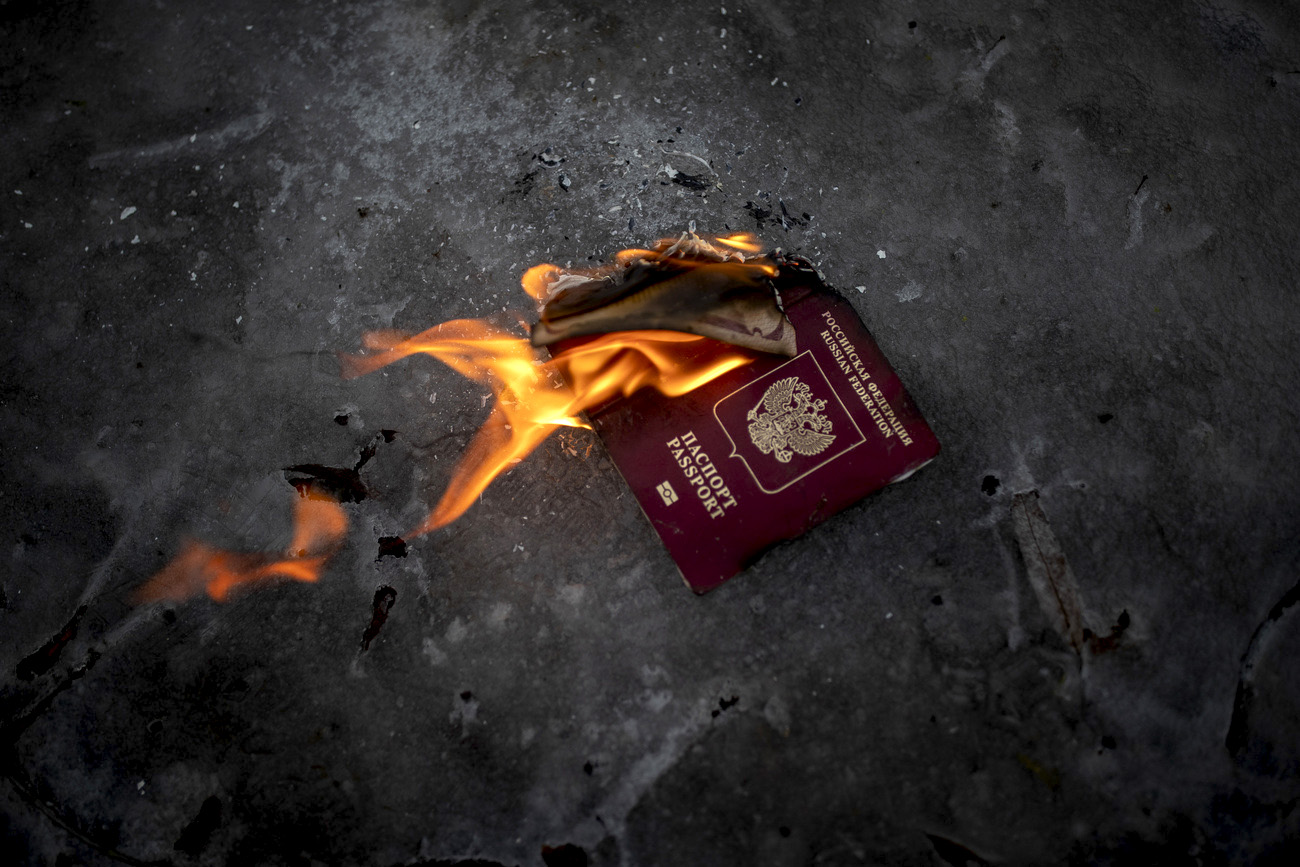
More
The Russian diaspora in Switzerland walk a fine line

In compliance with the JTI standards
More: SWI swissinfo.ch certified by the Journalism Trust Initiative
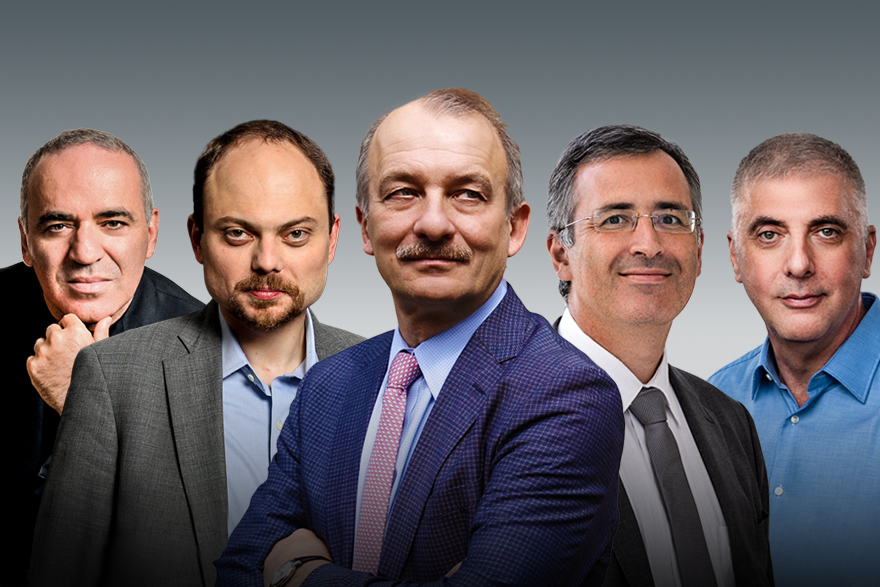
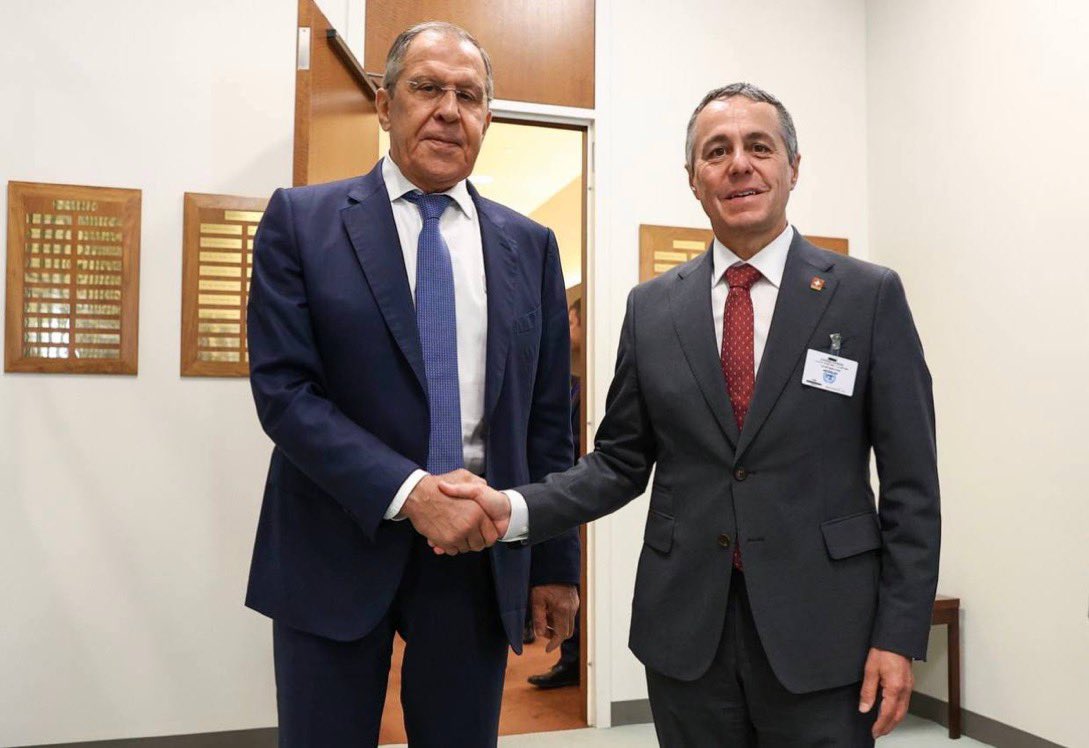
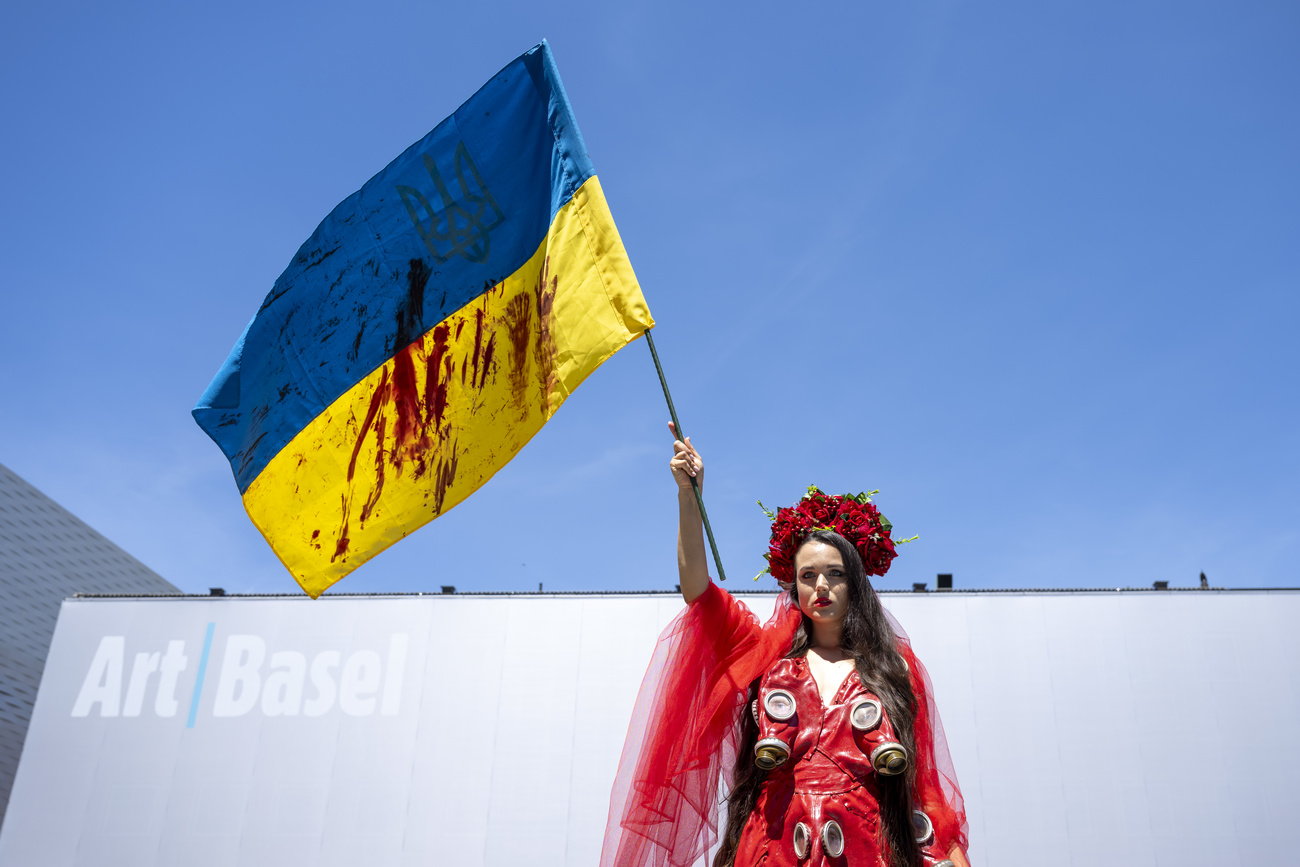
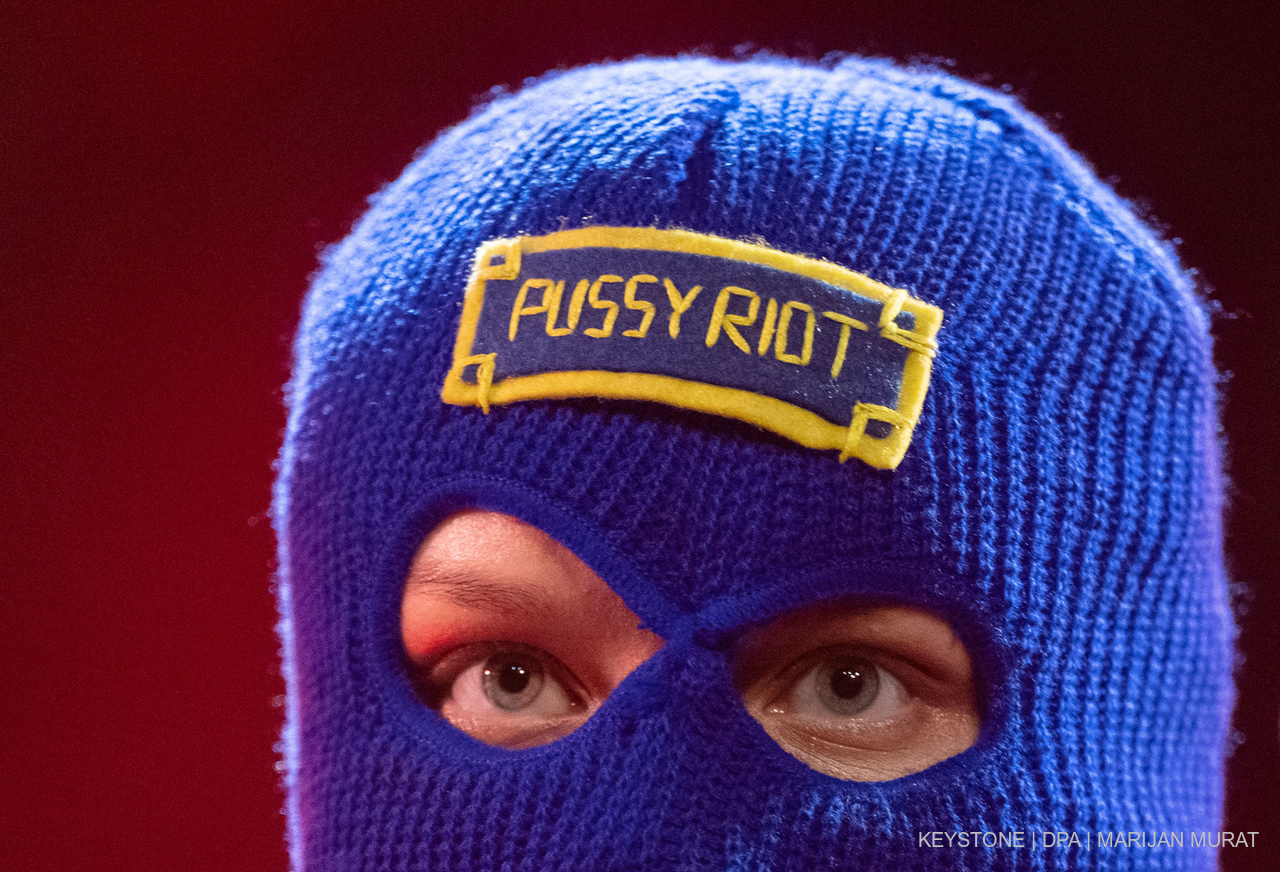
You can find an overview of ongoing debates with our journalists here . Please join us!
If you want to start a conversation about a topic raised in this article or want to report factual errors, email us at english@swissinfo.ch.